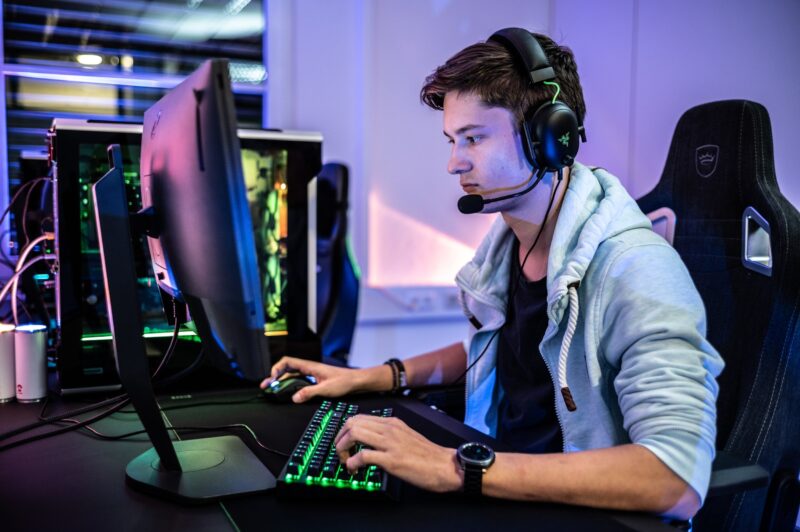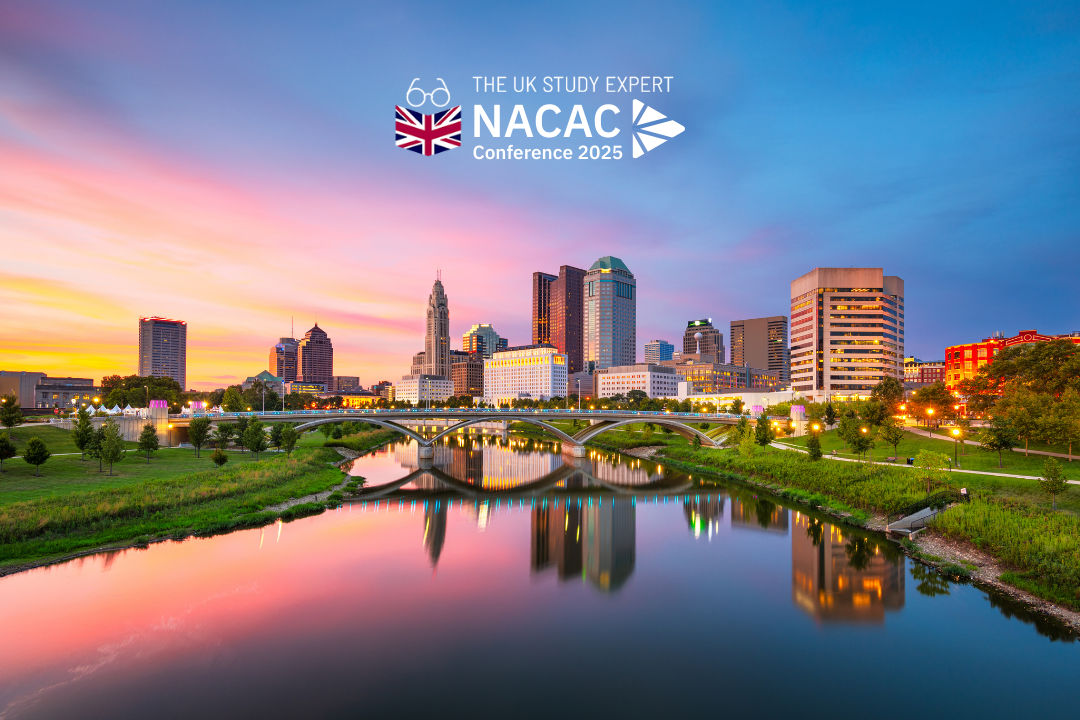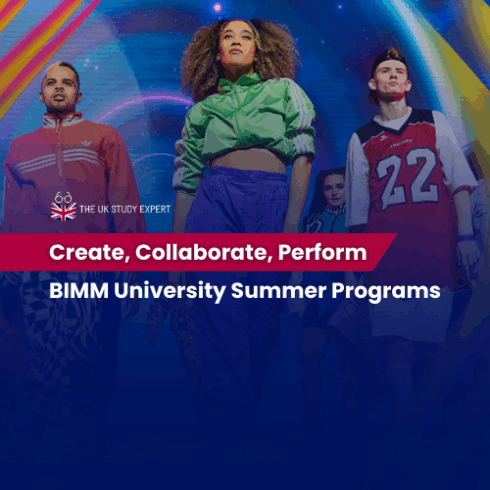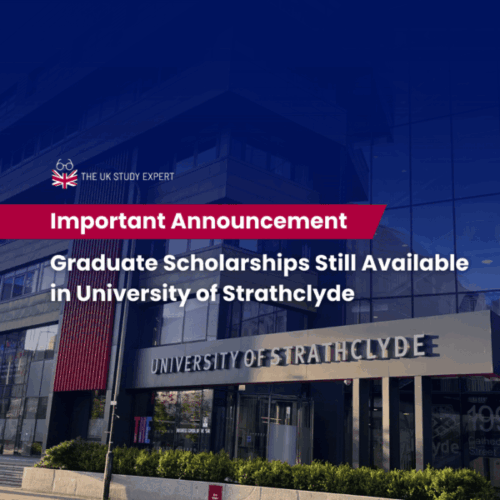The UK has had a long history of being a culturally important center for both sports and the games industry, and esports serves as a point in history where these two historical strengths are being brought into alignment. It is the home of both professional esports teams (Excel and Fnatic) and grassroot organizations such as the NUEL (National University Esports League) and NSE (National Student Esports) as well as events such as ESL UK, Gfinity, and Epic.LAN.
Many technology and service providers are contributing to a growing industry that UK esports courses are increasingly serving as routes to careers in the esports industry. The UK esports sector has grown at an annual average rate of 8.5% between 2016 and 2019, and the sector supported over 1,200 jobs in 2019 representing just under 8% of the global market. With major global esports event potentially generating 238 full-time equivalents (FTEs) of employment and £12 million pounds in GVA for the UK economy (UKIE, 2019), it is becoming an increasingly attractive context in which to study esports in the West.
While America is known for its strong and pervasive sporting culture, the UK has recently become a burgeoning point for the European esports scene and now acts as a global bridge to European scenes and events. Academically, the focus of courses in the UK is more varied and considers more of the general context than just the business and collegiate athleticism of esports. In terms of production, esports are still finding their feet in terms of the broadcasting frame they have adopted. Students would benefit from understanding the ways in which this might differ from the dominant American sports broadcast frame.
American students might consider the UK as an excellent chance to study abroad in the UK system which provide modules (or classes) that consider a granular but highly interdisciplinary context for esports. Falmouth University’s Games Academy is a world class school for learning about games and esports and is one of the few esports courses in Europe situated within a department dedicated to games and computing teaching and research. Our aim is to focus on how esports students can work with pre-existing grassroots organizations within and outside of the University. Beyond esports, the course focuses on the practical and technical production skills for live-streaming in other contexts such as data science, new media branding, as well as marketing and financial management. It is anticipated that the course will serve to be at the forefront of how live-streaming might inform the practice of game developers, entertainers, media producers and whatever else the future holds.
Rory Summerley is a games studies researcher at Falmouth University who has written and lectured on a diverse range of games-related topics. He has previously worked as a games critic, game design consultant and performance artist and his research interests include e-sports, game fiction and parody.






